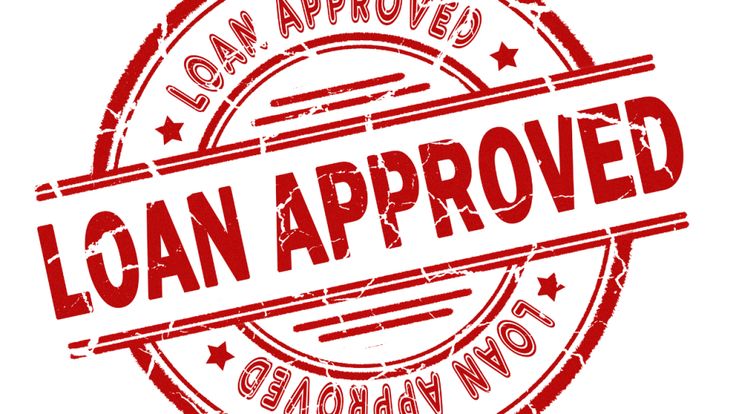
A student loan refinance is when you move your loans from multiple lenders to one new, private lender to lower the interest rate or get better terms.
NerdWallet student loan experts evaluated dozens of data points to identify the best student loan refinance companies for different customers. See our picks below and learn if refinancing your student loans makes sense for you.
What is student loan refinancing?
Student loan refinancing takes multiple loans and combines them into a new loan with a private lender such as a bank or online lender. The new servicer will pay off your old debt and typically offer a lower interest rate or longer term with smaller monthly payments — saving you money or making your payments more manageable. You can refinance federal and private student loan debt into one new private loan.
What is student loan consolidation?
Student loan consolidation is similar to refinancing, but only federal loans can be consolidated, and the process happens through the Department of Education. Borrowers can combine multiple federal loans into a new Direct Consolidation Loan after graduating, leaving school or moving to less than half-time enrollment.
Consolidating may result in lower monthly payments and the ability to participate in loan forgiveness programs and income-driven repayment plans.
However, there are downsides to consolidation, like a longer repayment timeline, an increase in interest and the potential loss of certain benefits. It’s important to weigh the advantages and disadvantages of refinancing versus consolidation carefully before taking action to ensure you don’t lose useful federal benefits.
The Department of Education does not consolidate private student loans. You would need to contact your private student loan servicer to see what consolidation and refinancing options are available.
How to refinance student loans
1.Identify your financial goals. Do you need lower monthly payments? Or do you want to pay less interest over a shorter term? Refinancing to a shorter term means higher monthly payments, but you’ll pay less total interest. The opposite is true: with lower monthly payments, you’ll pay more interest over a longer term.
2.Evaluate your finances. For the best chances of approval, you’ll likely need a credit score in the mid to high 600s, a debt-to-income, or DTI, ratio of 50% or better and stable income.
3.Compare rates. Get pre-qualified with several lenders to compare estimated rates and terms. The lenders on this list will show you an offer without affecting your credit score.
4.Choose a lender and complete the application. Some lenders require documentation to verify information like your income. Depending on the lender, you may be asked for the following as part of the formal application:
- Loan income verification statement.
- Proof of employment or income.
- Proof of residency.
- Identification.
- Graduation information.
5.Sign the final documents and wait for loan payoff. Once underwriting is complete, you’ll need to sign final paperwork to accept the loan.
Student loan refinance rates
Private student loan interest rates can be fixed or variable and range from 3.95% to 9.99%. The rate you receive depends on factors such as credit history and income.
If you opt to federally consolidate your loans instead of privately refinancing them, your interest rate will not necessarily decrease. Interest rates for Direct Consolidation Loans are the weighted average of interest rates for the loans you are consolidating, which could increase your interest rate slightly. The benefit is a fixed interest rate that will not change over time.
Should I refinance my student loans?
Refinancing student loans is usually best for those with strong credit and stable income, since this often results in better loan terms.
Can you refinance federal student loans?
You can refinance federal student loans into a private loan, but it means you’ll forfeit federal benefits like income-driven repayment plans and eventual student loan forgiveness. If you want to keep your federal loans federal, consider consolidation with the Department of Education.
Can you refinance private student loans?
Private student loans can be refinanced, and interest rates are either fixed or variable. The ideal time to refinance your student loans is when you can get a lower rate and commit to the monthly repayments. Borrowers with limited credit history may not qualify for a lower rate through private student loan refinancing.
Best student loan refinance companies
- Compare more lenders that refinance parent PLUS loans
- Compare more lenders that refinance medical school loans
- Compare more lenders that refinance dental school loans
- Compare more lenders that refinance law school loans
- Compare more lenders that refinance MBA student loans
- Compare more lenders that refinance international student loans
- Compare more student loan refinance lenders that enable fast payoff
- Compare more credit union student loan refinance options
- Compare more banks that refinance student loans
- Compare more lenders that let you refinance student loans without a degree
- Compare more lenders for refinancing student loans with low income
- Compare more lenders for refinancing with a co-signer
STUDENT LOAN REFINANCE RATINGS METHODOLOGY
Our survey of more than 26 banks, credit unions and online lenders offering student loans and student loan refinancing includes the top 10 lenders by market share and the top 10 lenders by online search volume, as well as lenders that serve specialty or nontraditional markets.
We consider 41 features and data points for each financial institution. Depending on the category, these include the availability of biweekly payments through autopay, minimum credit score and income requirement disclosures, availability to borrowers in all states, extended grace periods and in-house customer service.
The stars represent ratings from poor (one star) to excellent (five stars). Ratings are rounded to the nearest half-star.
Read more about our ratings methodologies for student loan refinance and our editorial guidelines.




